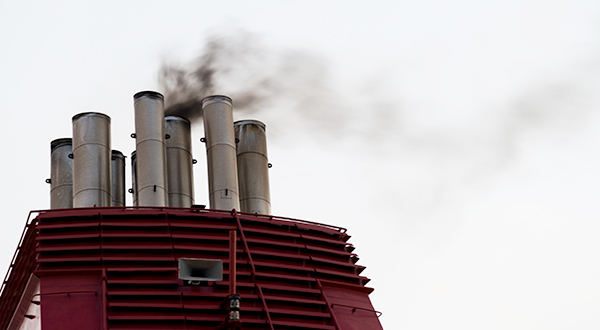Starting from 1st November, China stops domestic sales of diesel with sulfur content higher than 10 parts per millions (ppm), regularly used by tractors and ships, in a bid to boost air quality, according to National Development and Reform Commission, as quoted by the Chinese news agency Xinhua.
As explained, the 28 cities in China’s Beijing-Tianjin-Hebei region will adopt the tougher “National VI” emission standard. Reduction in sulphur content is expected to lower emissions from tractors, locomotives, engineering machinery and boats.
China has been recently concerned about the high level of emissions from road and water transport. In September, the Chinese Ministry of Industry and Information Technology revealed that the country had started research on a timetable to phase out production and sales of fossil fuel cars.
A recent report by BIMCO, revealed that in an effort to tackle pollution, China is also considering cutting steel production by 50%. The shipping consultancy estimates that if this initiative goes ahead, it will affect significantly the dry bulk market.
Additionally, the country has taken further steps to tackle air pollution. Last year, China informed about its plans to set up three ECAs the Pearl River Delta, Yangtze River Delta and Bohai-rim waters effective until the end of 2017.
In early September, the Chinese Ministry of Transport announced its decision to extend the 0.5% sulphur cap to all ports within Zhejiang which is part of Yangtze River ECA.
Furthermore, the Ministry signed an agreement to install shore power facilities along the Grand Canal, by 2019.

































































